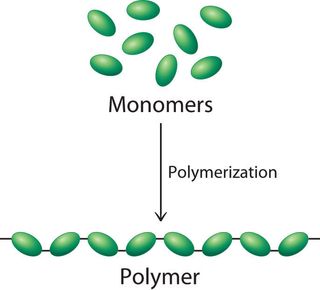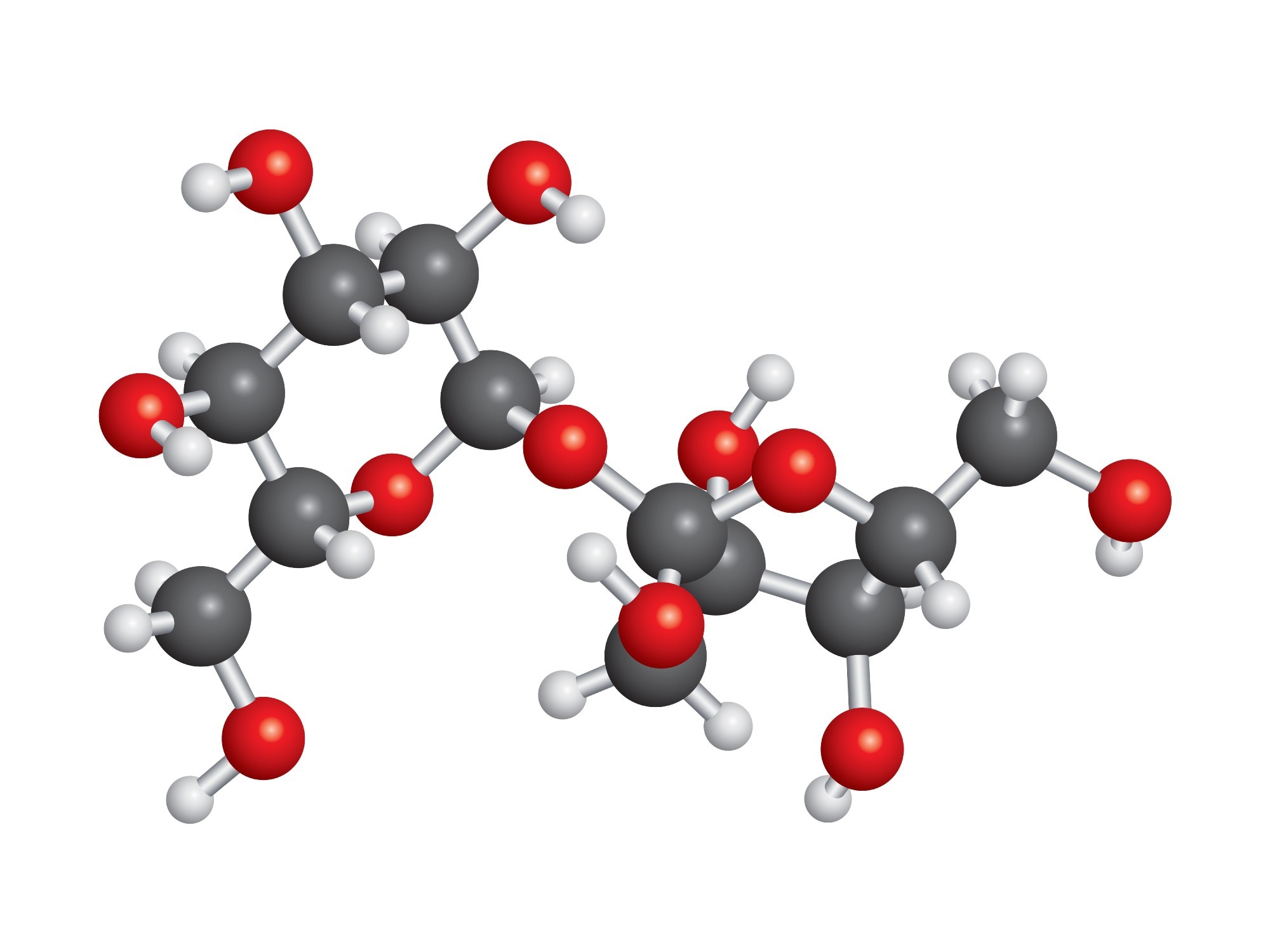Custom Polymers: Customized Solutions for Special Applications
Custom Polymers: Customized Solutions for Special Applications
Blog Article
Exploring the Varied Applications and Advantages of Polymers in Different Industries
Polymers, with their varied variety of residential or commercial properties and performances, have actually come to be vital in various markets, each reaping one-of-a-kind advantages from their application. From improving security and performance in the vehicle sector to reinventing medical gadgets in the health care industry, polymers play a pivotal function.
Automotive Sector Applications
Polymers play a pivotal function in boosting the efficiency and resilience of various parts within the automobile market. These versatile materials are thoroughly used in the manufacturing of different parts, ranging from interior parts to under-the-hood applications. One famous use of polymers in the automobile sector remains in the manufacturing of light-weight elements. By replacing standard metal get rid of polymer-based choices, lorries can accomplish enhanced fuel performance without jeopardizing on strength or security.

Health Care Industry Advantages
In numerous healthcare applications, the benefits of using polymers are widely recognized for their diverse range of beneficial residential or commercial properties. Polymers play a crucial function in the health care market because of their versatility, biocompatibility, and cost-effectiveness. One of the main advantages of polymers in medical care is their capability to be tailored to particular demands, such as versatility, toughness, and biodegradability, making them suitable for a large range of medical applications.
Polymer-based products are thoroughly used in clinical tools, such as catheters, implants, prosthetics, and medicine shipment systems, as a result of their biocompatibility and capacity to imitate natural cells. These materials can minimize the danger of allergic responses or rejections, improving individual safety and outcomes. In addition, polymers are light-weight, making them suitable for wearable clinical tools and guaranteeing patient convenience.
Moreover, polymers allow the development of cutting-edge treatment methods, such as hydrogels for tissue engineering and nanocomposites for targeted medicine shipment. Their simplicity of handling and sterilization makes them essential for keeping high criteria of health in healthcare settings. On the whole, the diverse benefits of polymers contribute significantly to advancements in clinical modern technology and individual treatment.
Ecological Advantages of Polymers

Moreover, polymers can contribute to energy cost savings due to their lightweight nature. In markets such as transportation, light-weight polymer products can help lower gas consumption and greenhouse gas discharges. Furthermore, polymers can enable the development of energy-efficient products such as insulation products that boost energy conservation in buildings.
In addition, polymers play a critical function in reducing water contamination. For instance, the use of polymer-based filtration systems can successfully remove contaminants and contaminants from wastewater, guarding water sources and communities. On the whole, the ecological advantages of polymers make them valuable assets in promoting sustainability and environment-friendly techniques throughout various markets.
Polymers in Electronic Devices and Modern Technology
Taking into consideration the enhancing need for cutting-edge and sustainable services in modern markets, the integration of sophisticated polymer innovations in the world of electronics and modern technology has actually arised as an essential method for driving efficiency and efficiency. Polymers have actually revolutionized the electronics industry by allowing the manufacturing of lighter, extra flexible, and sturdy digital tools. From smartphones to clinical tools, polymers play a vital role in improving product layout and functionality.
One significant benefit of polymers in electronic devices is their shielding residential properties, which help secure fragile digital elements from environmental elements and electric interference. Additionally, polymers are crucial in the advancement of versatile screens, wearable modern technology, and published electronic devices, supplying endless opportunities for producing clever and interconnected you could look here devices.
Furthermore, the use of polymers in digital product packaging has caused advancements in miniaturization and thermal monitoring, boosting the overall performance and reliability of electronic systems. As modern technology proceeds to progress, the convenience and flexibility of polymers will undoubtedly drive further innovation in the electronics market, forming the future of modern technology.
Duty of Polymers in Building And Construction and Framework
Polymers use various advantages in the construction industry due to their adaptability, sturdiness, and cost-effectiveness. One essential duty of polymers in building and construction is their usage in coatings and sealants, providing protection against ecological factors such as moisture, UV radiation, and rust.
In addition, polymers play a critical duty in sustainable building methods by allowing the development of energy-efficient structures. Protecting click to read products made from polymers assist manage interior temperature levels, decreasing the need for home heating and cooling down systems and ultimately reducing power usage. The use of polymer-based composites in facilities jobs such as bridges and roads improves their long life and minimizes upkeep costs. On the whole, the unification of polymers in building and framework displays their substantial effect on modern-day engineering practices.
Final Thought
In verdict, polymers play a vital duty in numerous industries such as vehicle, health care, environmental, electronics, and building. From improving gas performance in vehicles to improving medical devices, polymers provide various benefits.
Report this page